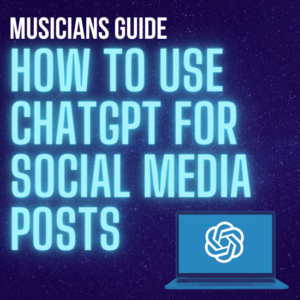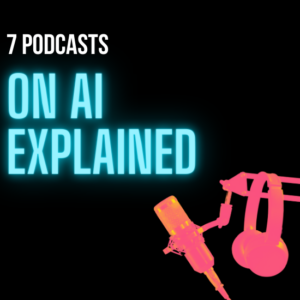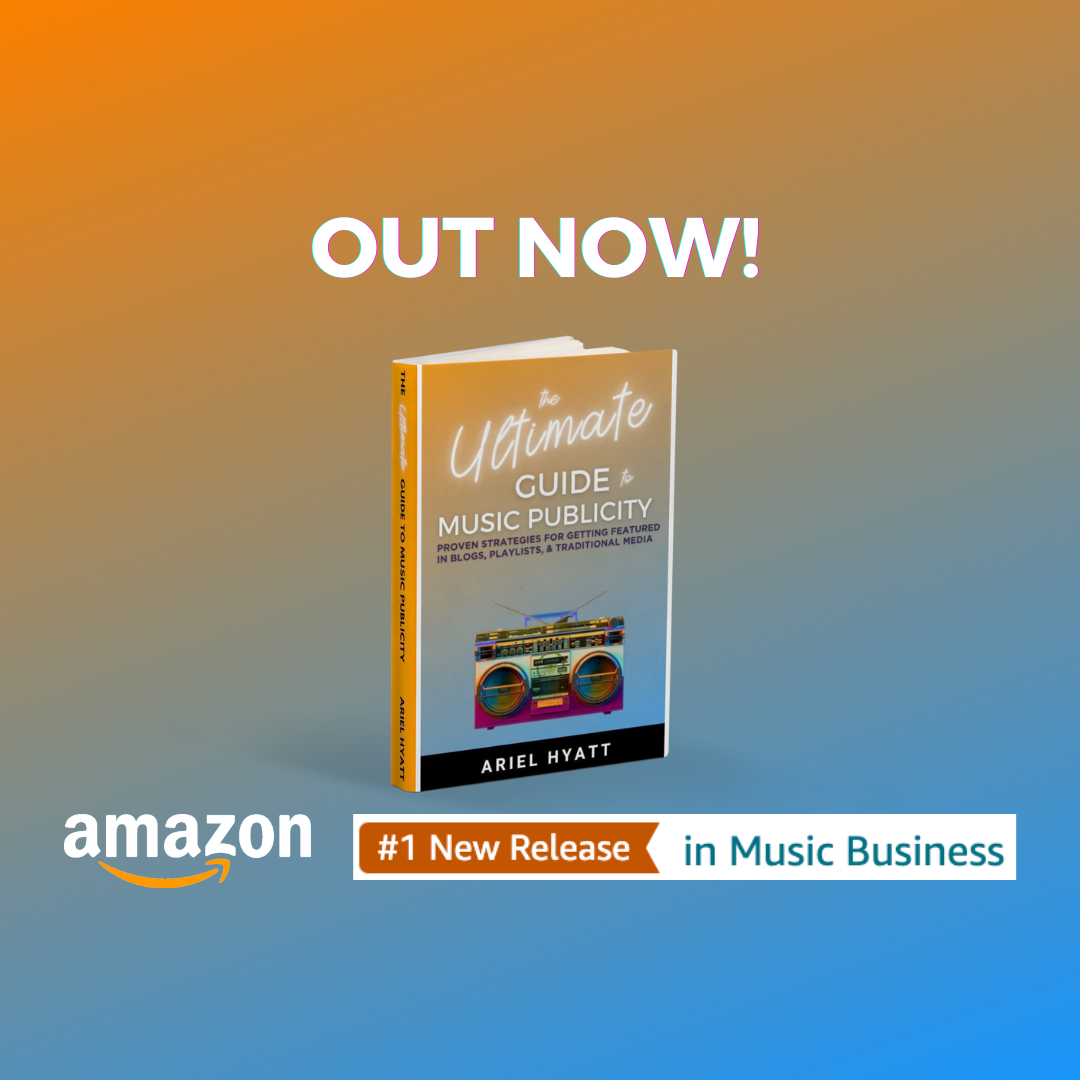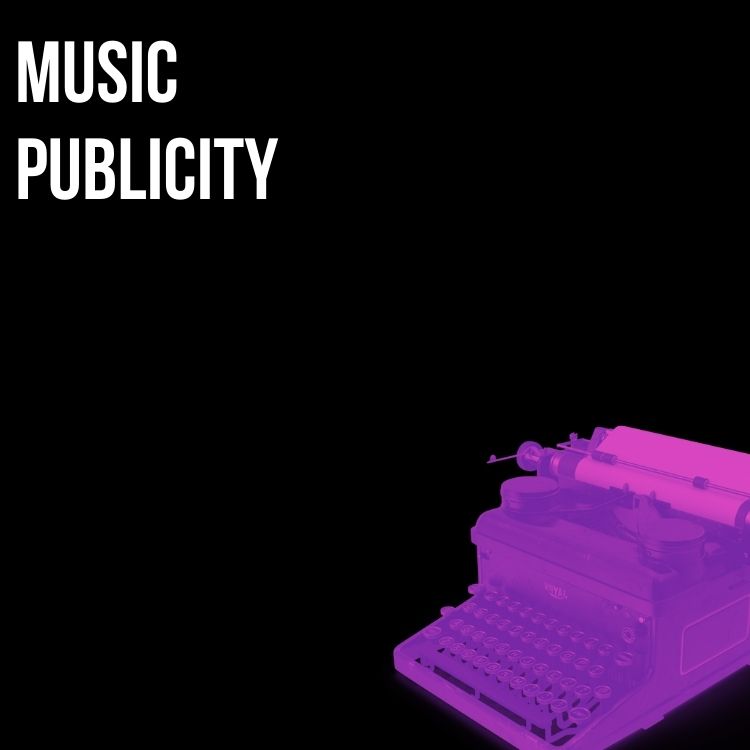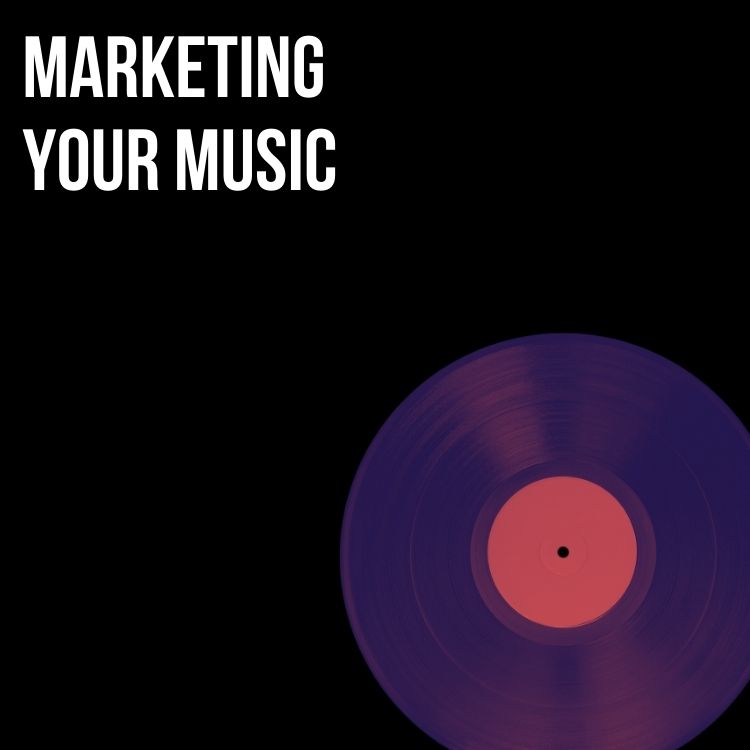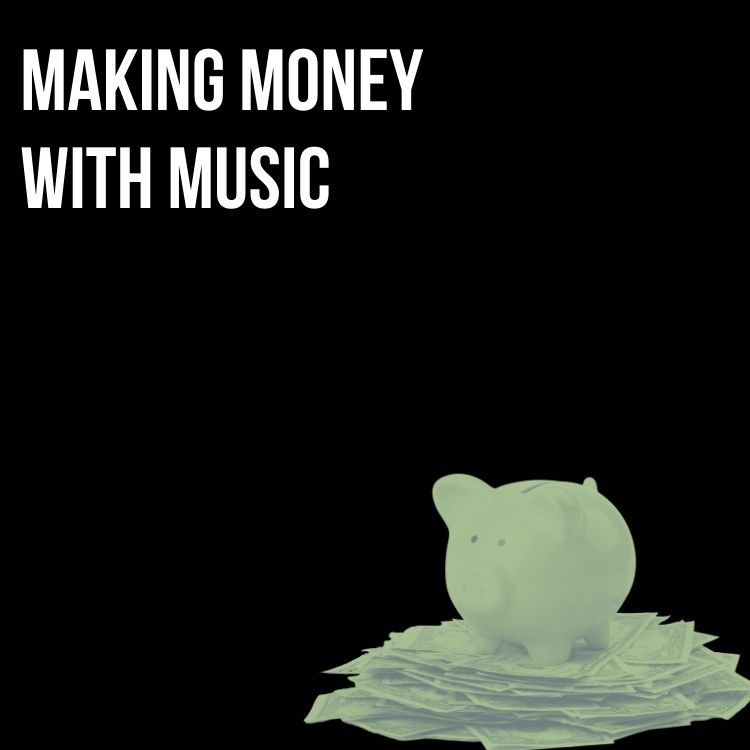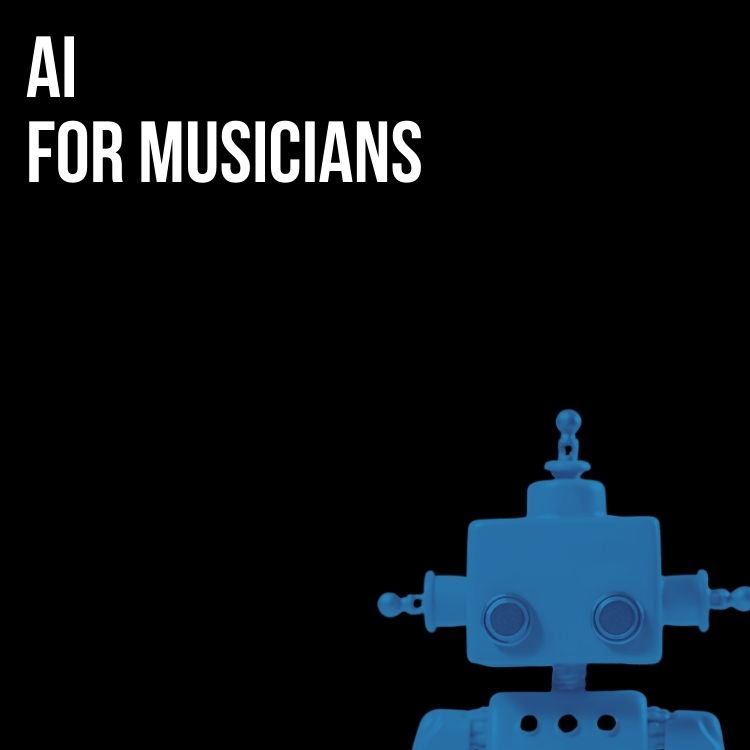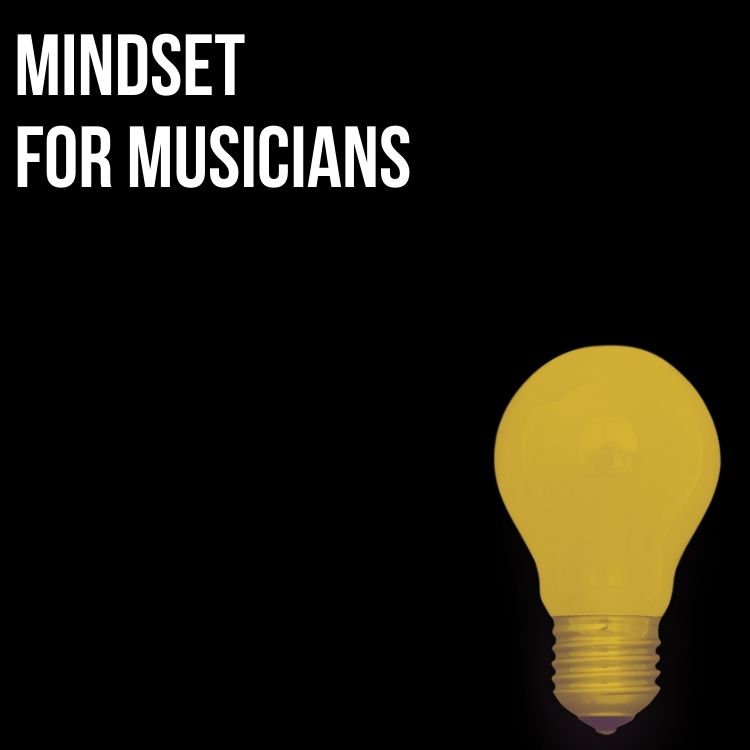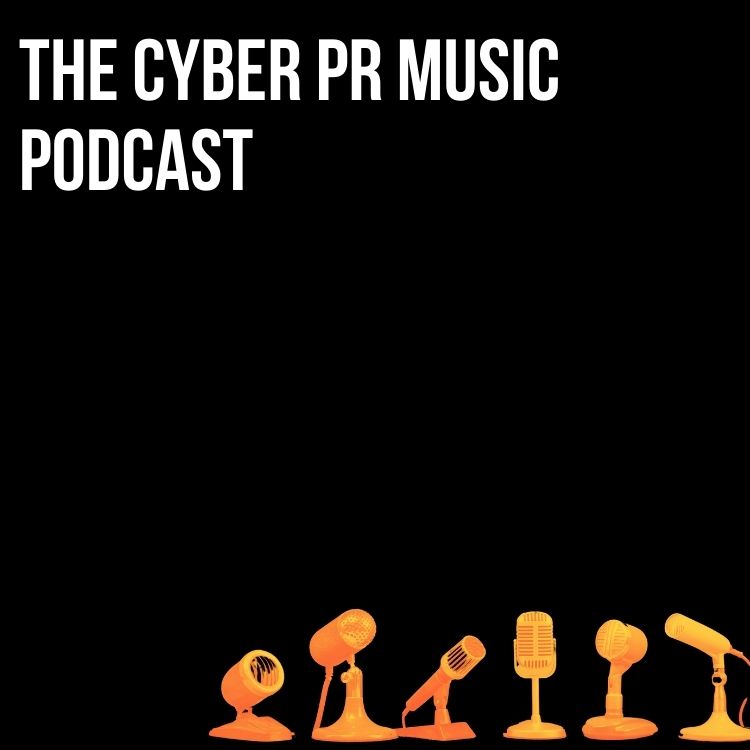
In an age where artificial intelligence continues to make significant strides across various fields, it was only a matter of time before its impact on the music industry garnered more conversations towards authorship, creativity, and what constitutes authentic art.
This has been a huge concern among artists of all kinds: the fear that AI will take away their jobs, that the need for human creativity will be obsolete.
Mandy Dalugdug at Music Business Worldwide clues readers in on the recent update to the Grammy Awards Rules and Guidelines. These changes demonstrate a proactive stance towards the presence of generative AI when it comes to the creation of music.
New Guidelines for AI in the Recording Academy
The Recording Academy’s changes aim to strike a delicate balance by acknowledging the creative potential of AI while still upholding the importance of real human artistry.
The Recording Academy, under the guidance of CEO Harvey Mason Jr., acknowledges the inevitable presence of AI within artistic communities.
Mason emphasizes the importance of establishing standards to navigate the complexities arising from AI’s impact on the music industry. The revised Grammy Award rules signify a significant step forward in embracing AI while acknowledging its potential drawbacks.
The guidelines now explicitly state that only human creators will be eligible for consideration, nominations, and awards at the Grammys. The Recording Academy firmly states that works devoid of human authorship are ineligible in any category.
However, if a work incorporates some elements of AI-generated material, the human contribution “must be meaningful” and substantial. In songwriting categories, human authorship is required for music and/or lyrics, and performance categories demand a significant human presence in the performance itself.
“If AI did the songwriting or created the music, that’s a different consideration. But the Grammy will go to human creators at this point.” – Harvey Mason, CEO of The Recording Academy
All of this is in an attempt to preserve human creativity and originality because while AI can produce impressive compositions, it lacks the unique human experiences and emotions that underpin the artistic process. The Grammy Awards aim to celebrate and honor the depth and authenticity that human creators bring to their craft.
Implications of AI
The ongoing debate surrounding AI-generated tracks has prompted global discussions on the ethics and implications of AI in music. The Recording Academy’s proactive approach aligns with the concerns raised by artists, scholars, and industry professionals worldwide. By establishing clear boundaries and acknowledging the limitations of AI, the Recording Academy ensures that the Grammy Awards remain a testament to what human beings are able to offer creatively.
Harvey Mason Jr. emphasizes the need and desire of both the Recording Academy and the Guidelines to evolve as technology continues to evolve as well. While AI has the potential to contribute to music creation, it is crucial to strike a delicate balance between embracing technological advancements and preserving the distinct human touch that resonates with audiences.
Final Thoughts
The Recording Academy’s decision to incorporate guidelines for AI-generated music into the Grammy Awards demonstrates a forward-thinking approach that the music industry has often times attempted to ignore in the past. By valuing human creativity and setting boundaries for AI involvement, the Academy strives to preserve the essence of artistry while embracing the potential benefits of technology.
As the music industry continues to adapt, it is crucial to ensure that AI remains a tool that enhances human expression rather than replacing it. The Grammy Awards will undoubtedly serve as a beacon for recognizing and celebrating the depth of human creativity in the face of technological progress
Want to learn more about AI’s impact on the music industry? Catch up on the new episodes of the new AI season of the Cyber PR Music Podcast, featuring industry professional’s insights on the subject.

Subscribe for more!
Back to The Blog


